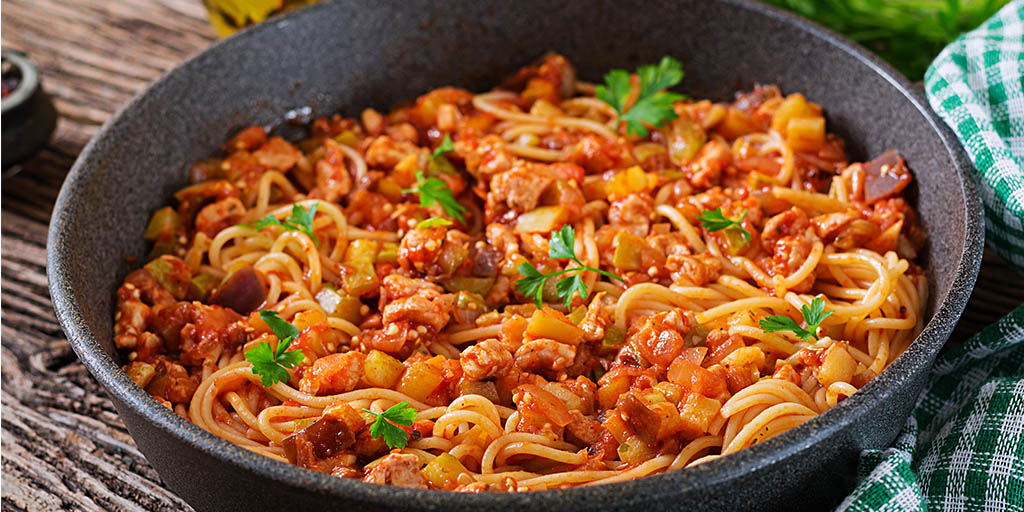Getting kids to eat vegetables can be challenging. Many refuse, even though veggies are crucial for a healthy diet. However, with a cunning strategic approach, it’s possible to encourage schoolchildren to consume more greens.
Here are 10 general tips to consider when trying to get schoolchildren it eat more vegetables:

1. Camouflage the Veggies:
Incorporate vegetables into popular dishes like pasta, pizza, and sandwiches. Grate or finely chop vegetables and mix them into sauces, soups, or fillings.
2. Make it Fun:
Create interesting and colourful vegetable presentations. Think rainbow salads, vegetable skewers, or veggies cut into fun shapes.
3. Cook Creatively:
Roast, grill, or sauté vegetables to enhance their natural flavours. Use herbs and spices to make them more flavourful.
4. Encourage Self-Service:
Allow children to serve themselves. They’re more likely to eat vegetables when they have control over their choices.
5. Offer Dips:
Many kids enjoy dipping their food. Offer healthy dips like yoghurt, or low-fat dressings alongside raw veggies.
6. Include in Snacks:
Use vegetables in snacks, such as vegetable muffins, veggie chips, or blended into smoothies.
7. Foster a Positive Environment:
Promote a vegetable-friendly environment. Encourage children to try new veggies and praise them when they do.
8. Educate:
Teach kids about the benefits of eating vegetables. Use visual aids, interactive activities, or school garden programs.
9. Regular Variety:
Regularly rotate the vegetables on offer to keep things interesting and prevent boredom.
10. Involve Kids:
Involve children in meal preparation where possible. Kids are more likely to eat something they’ve helped to prepare.

Encouraging students to consume their daily recommended servings of vegetables can be an uphill battle. However, as culinary professionals, we possess the power to turn this challenge into a delicious opportunity. One particularly effective strategy is the artful disguise of vegetables in pasta dishes – a universally loved food across various age groups.
The process begins with selecting suitable vegetables that can blend seamlessly into the texture and flavour profile of pasta dishes. Options like carrots, bell peppers, zucchini, spinach, and tomatoes are excellent choices. These can be finely chopped, grated, or puréed, then mixed into a variety of sauces, ranging from classic tomato to creamy alfredo.
The trick lies in balancing the flavours – the aim is to ensure the taste of vegetables doesn’t overpower the dish but subtly enhances it. This can be achieved by slow-cooking the veggies in herbs and spices that complement the overall flavour of the pasta dish. Roasting vegetables before adding them to the sauce can also intensify their natural sweetness and add depth to the dish.
Pasta shapes and types play a crucial role too. Opting for whole-grain pasta increases the nutritional value, and interesting shapes like bow ties, spirals, or shells make the dish visually appealing to students.
Lastly, remember to regularly rotate the vegetables used and introduce new variations to keep the menu exciting and prevent ‘veggie fatigue.’ This way, students not only learn to appreciate different vegetables but also look forward to their next meal with anticipation.
Through these strategies, we can ensure that our students enjoy their meals while unconsciously consuming their necessary daily vegetable intake. It’s a win-win situation, proving once again that a bit of culinary creativity goes a long way in promoting healthier eating habits.






